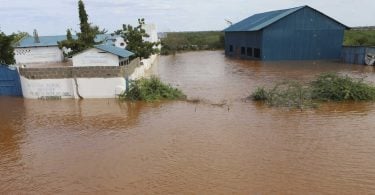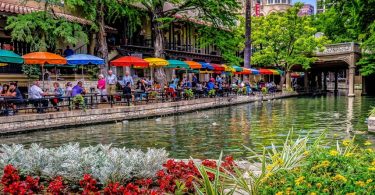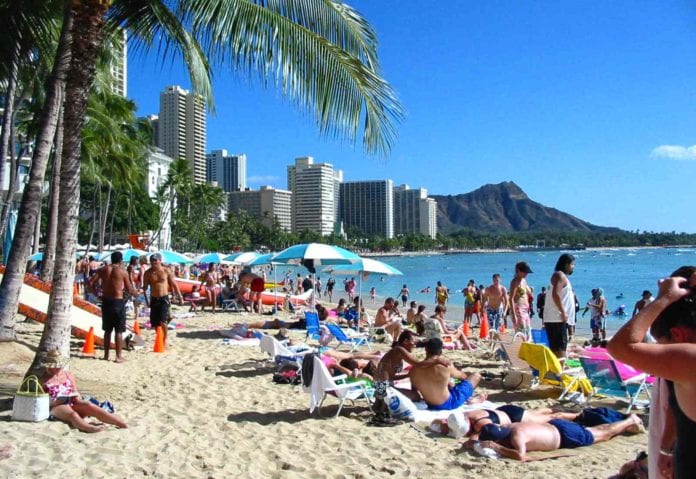A Vatican City (SCV) report published Mr. F. Pana as saying, “Three people [were] killed [in Brazil] in a few days by those who would like to get rid of the natives to grab land and raw materials.” Is this violence going to have an affect on the country’s tourism?
Harsh condemnation of criminal events came from Cimi, the indigenous missionary council: “These attacks, threats, torture, attacks,” reads a note, “took place in the wake of racist discourses and actions dictated by the federal government against the rights of the indigenous people.”
Value is in the Land
President Jair Bolsonaro affirmed and reiterated in various places and internationally that no millimeter of indigenous land will be delimited in his government, that indigenous peoples already have much land and would hinder progress in Brazil,” concluded the note.
The Combonian missionaries have denounced the multiplied violence. Father Claudio Bombieri is a Comboni missionary who finds himself in the Maranhao, a state where about 40,000 indigenous people live, spread across 17 territories. He said it is, “A space of autonomy and life systematically threatened with killings, assaults, kidnappings. And lately they have multiplied. The murders even exceed the national average.”
The explanation of the resurgence of violence, is identified by Father Bombieri in the current government policy, in harmony with the indigenous missionary Council. He said: “Since the current president took power it seems that there is a sort of mandate to those who are in line with his thought so that he can be more aggressive towards indigenous peoples. And an unacceptable hatred.”
The Reasons for the Murders are Mainly Economic
There are always economic reasons behind the violence. For example, the reserve of valuable wood that is found in some of the most important indigenous lands is a resource some may grab without too much effort. But there is also a second reason that Father Bombieri summarizes as follows: “It is the dream of agro-business.
“Large crops of soy, large crops to produce biodiesel to be planted in indigenous areas. Whoever has this ‘dream’ wants to impose this choice by any means without even discussing it with the natives.” And when seduction is not needed, abuses and murders come.
The Church: An institution that Helps
To help indigenous people, there is always the church. Perhaps it is one of the few institutions that is able to be widely present in the villages with missionaries, laity, and priests. “The church is increasingly informed, lives in contact with their needs, with their dramas – something that not even other international organizations can do,” Father Bombieri admitred with a hint of satisfaction.
The church builds possible alternatives with the natives without renouncing denunciation and mobilization, as has been happening for the last dramatic events. Because this too, assures Father Bombieri, is “an integral part of our mission.”
Tourism stakeholders are hoping this is so, because the climate of the country is not presenting itself as being so tourist friendly.























